In the two and a half months since Joe Biden ended his reelection campaign, Kamala Harris quickly became the Democratic presidential nominee. She led a successful party convention, raised hundreds of millions of dollars for her campaign, and surpassed Biden's poll numbers from earlier this year.
Despite this progress, Democrats are growing anxious about Harris's chances. Many feel her campaign is struggling, leading to debates about how to spend valuable resources.
Harris's advisers often downplay the polls but recognize that the race is close and will remain so as Election Day approaches. With just weeks left and after multiple trips to important states, Harris’s position in the polls hasn’t changed much. Some are concerned that she is the first major party presidential nominee in 60 years not to have won a competitive primary, which adds to their doubts.
“People are nervous. They know the polls are tight,” a source close to the campaign said. “A lot of us are having flashbacks to 2016. We remember how things can go wrong.”
Democrats are also having trouble figuring out who to focus on to rally their supporters. Some want to attract moderate Republicans who are unhappy with Donald Trump, while others aim to mobilize men and men of color, which is a concern for the Harris campaign. Suburban women have shifted toward Democrats since Trump took office, but it’s uncertain if that will be enough against Trump’s support from men. There are also worries about Hispanic voters and younger voters who are upset over U.S. policies regarding Israel, Gaza, and Lebanon.
The anxiety among Democrats is heightened by the close nature of the race. Harris's team sees the seven most competitive battleground states as tied or too close to call. Although there are different paths to winning the 270 electoral votes needed, none of them seem secure right now.
New polling results released Wednesday are likely to increase Democrats' worries. According to three surveys from Quinnipiac University, Harris is in a tight race in key states like Pennsylvania, Michigan, and Wisconsin.
In Pennsylvania, her 6-point lead has decreased to just 3 points, while in Michigan, her 5-point advantage has disappeared, with Trump at 50% and Harris at 47%. The race in Wisconsin is also very close, with Trump getting 48% support and Harris at 46%.
- Tags:
- International
















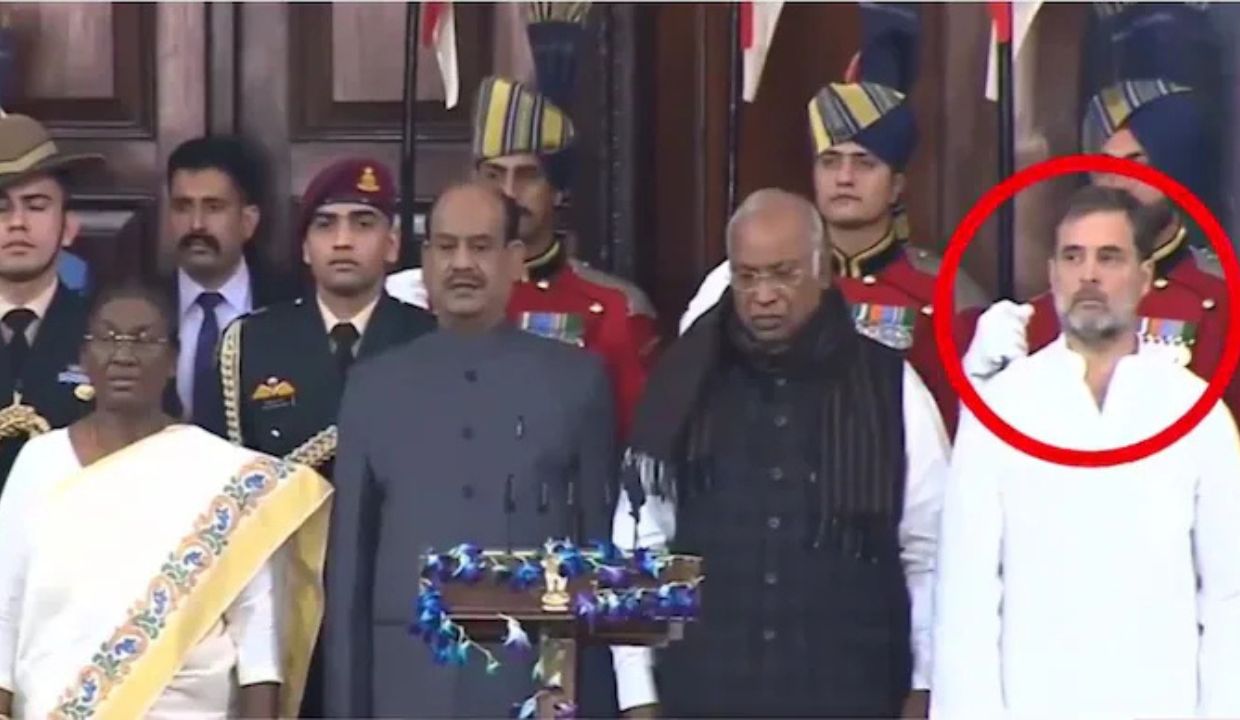

















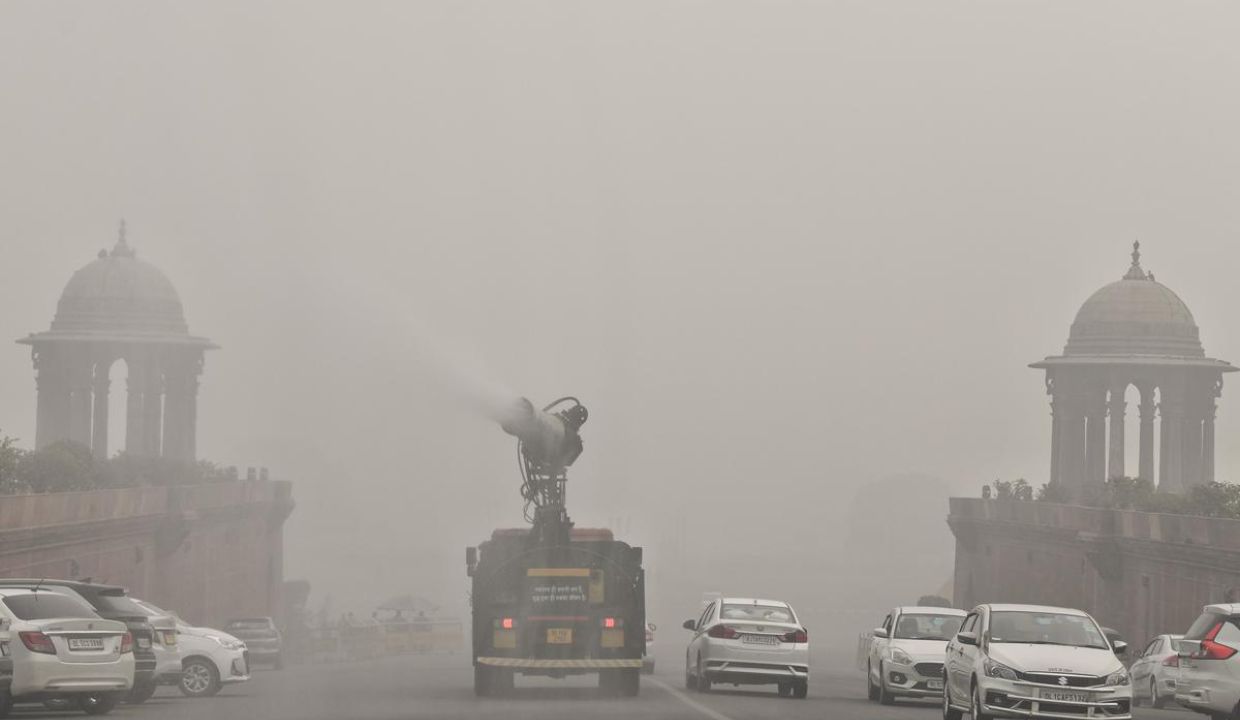






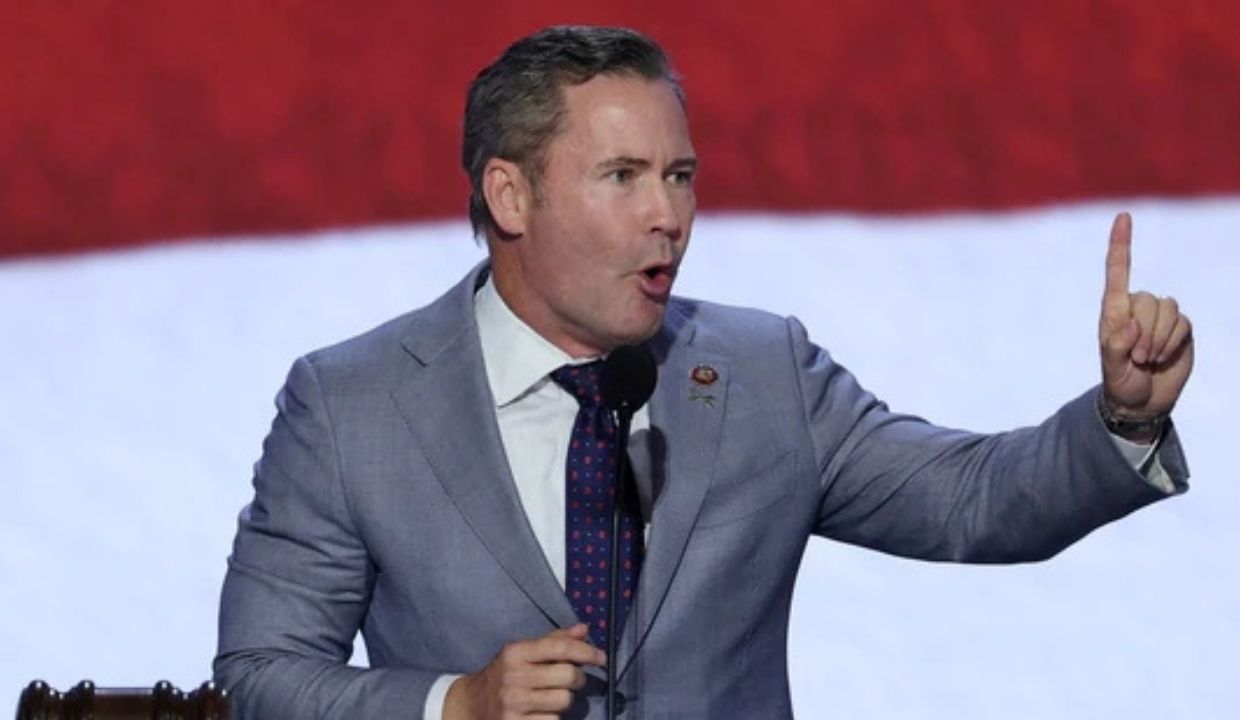



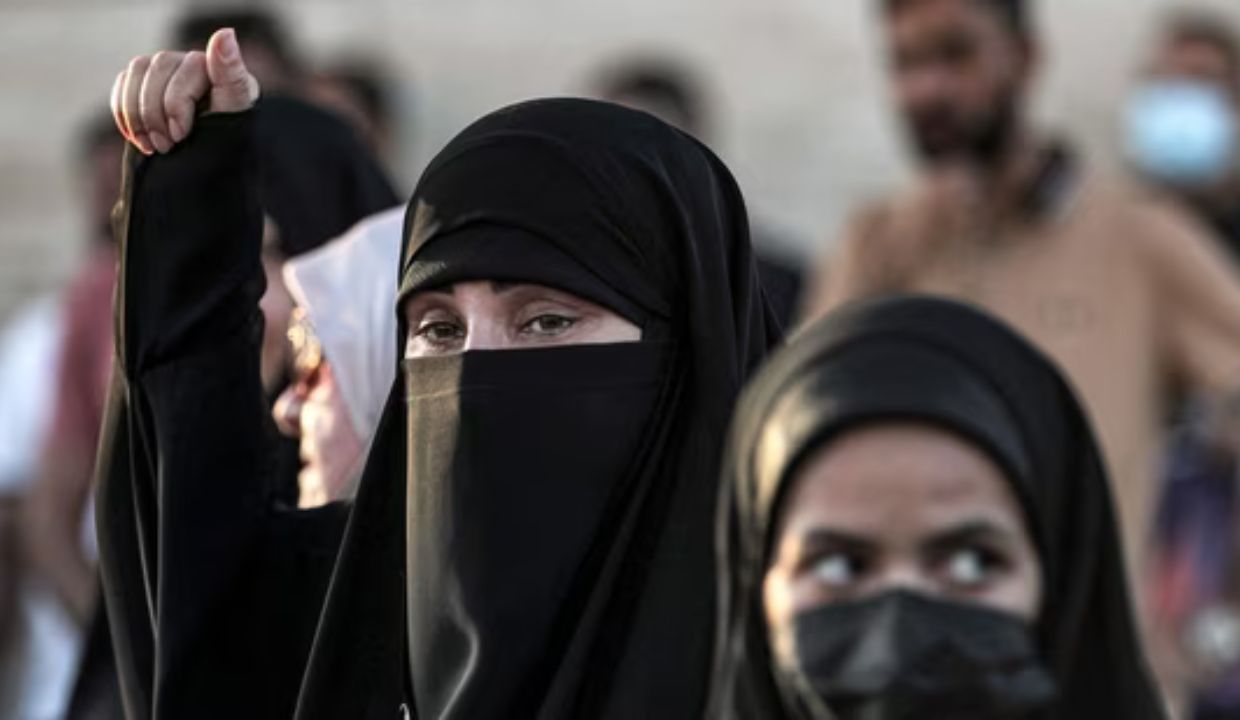





















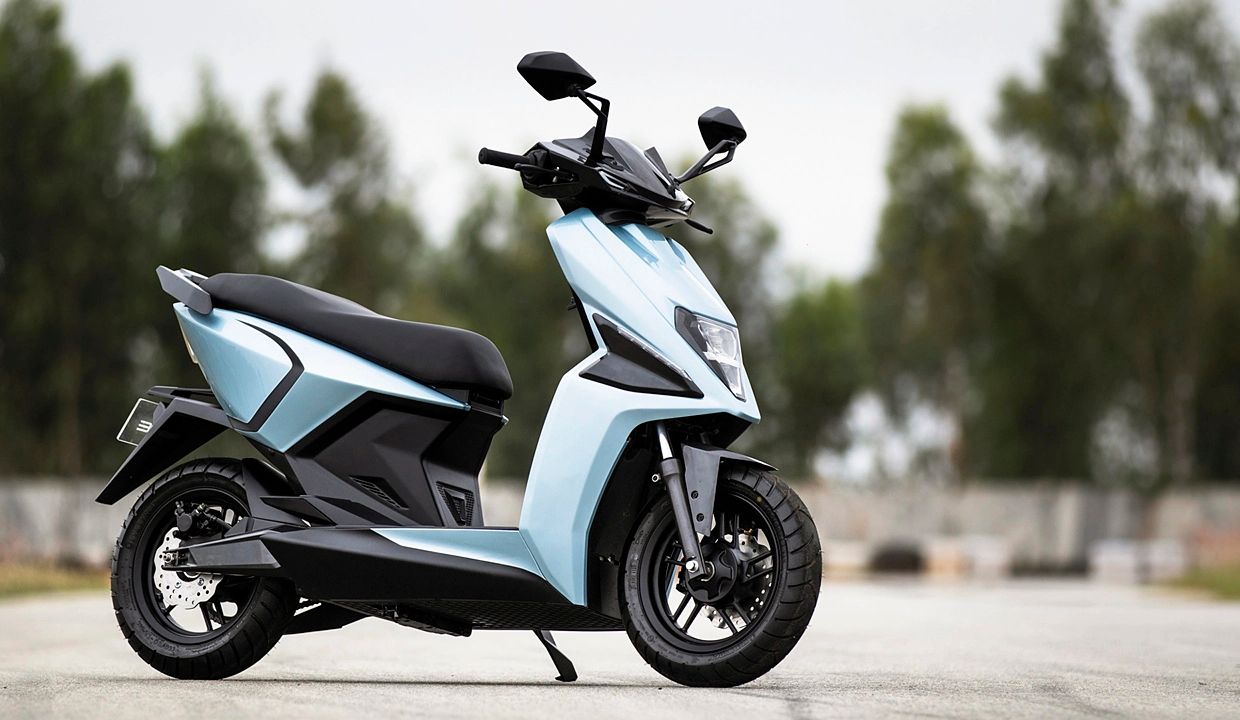

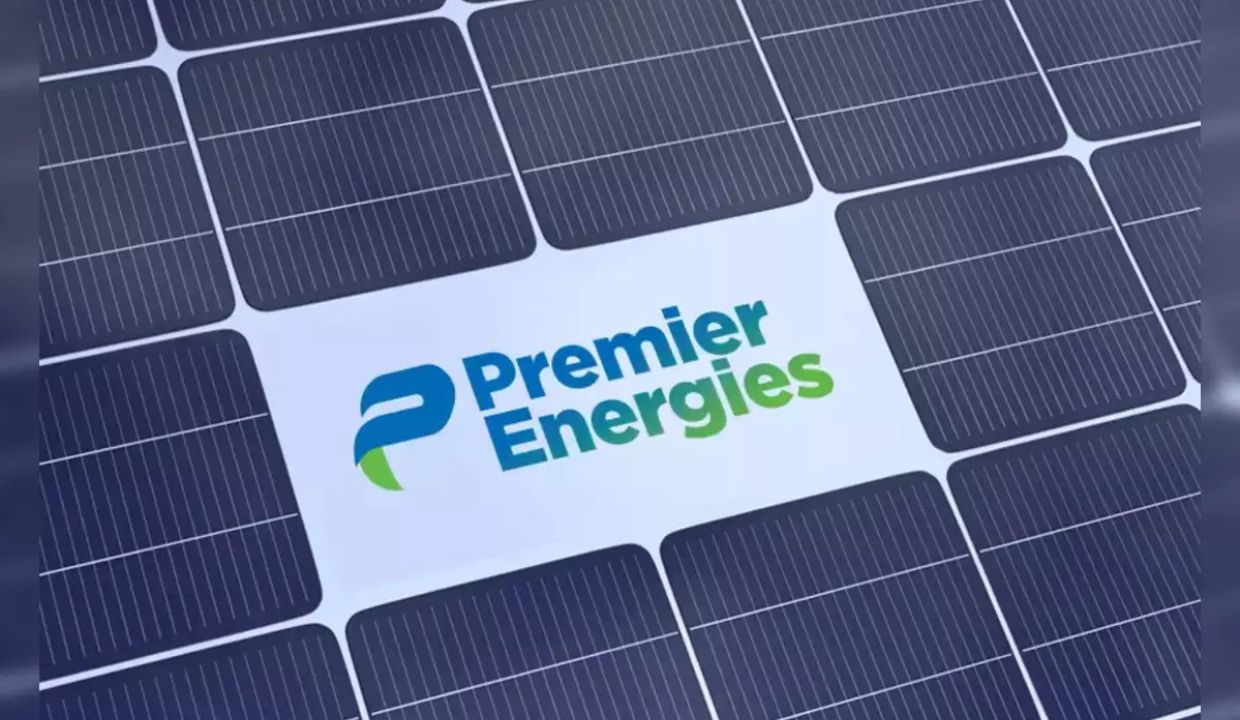










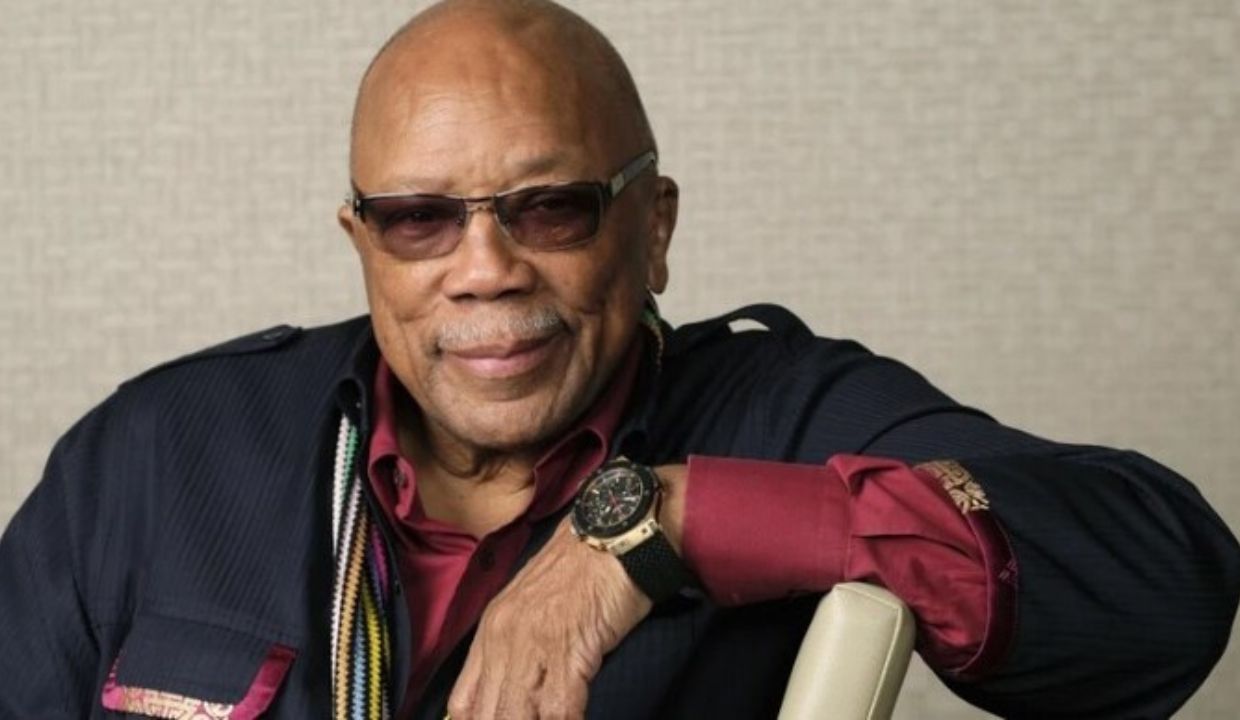
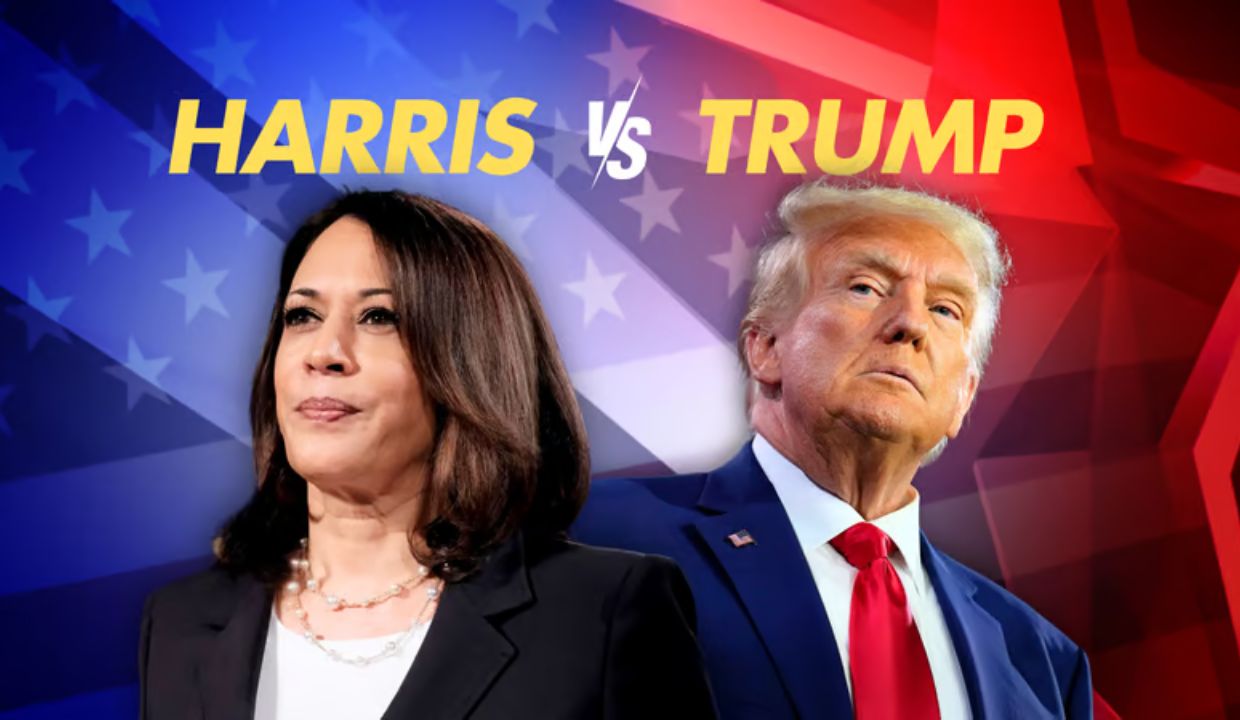






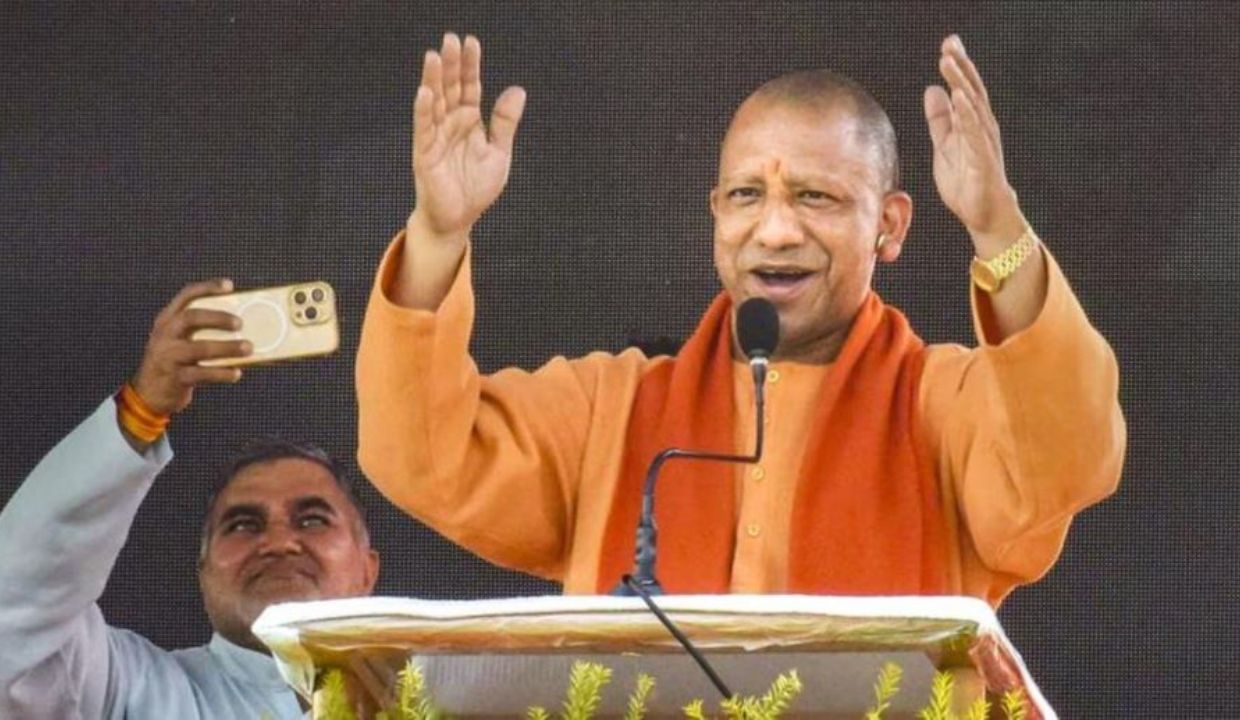







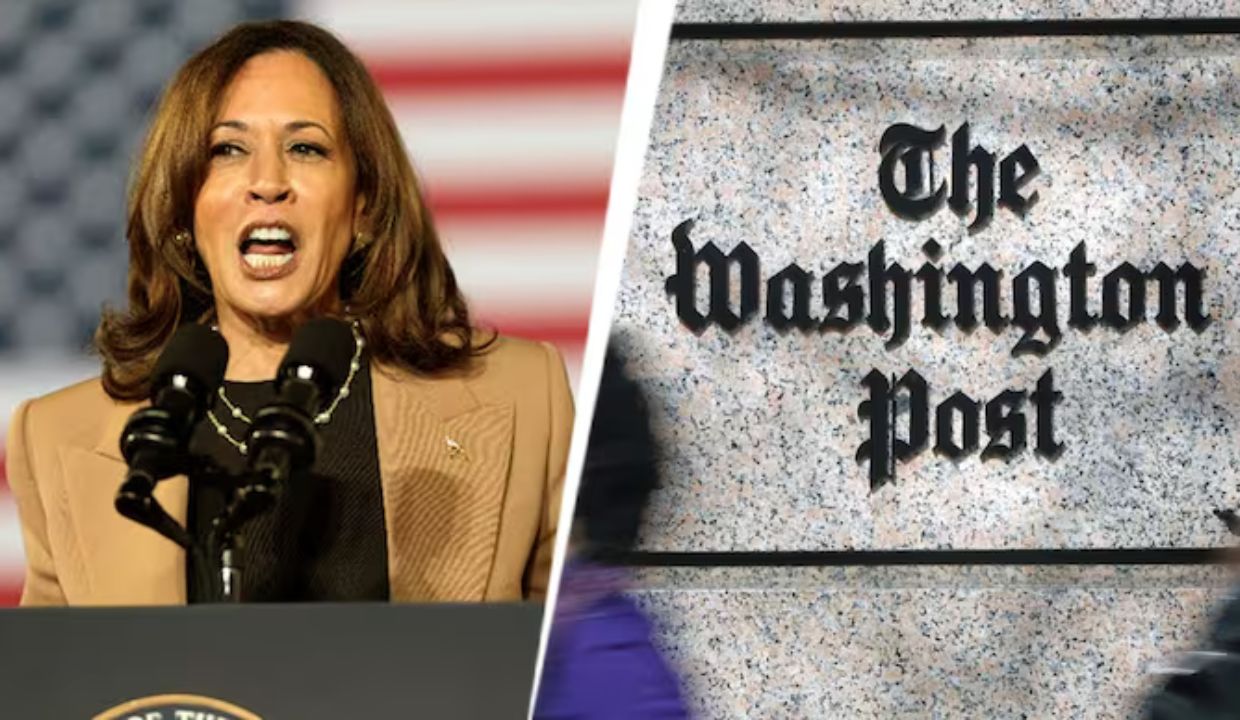
































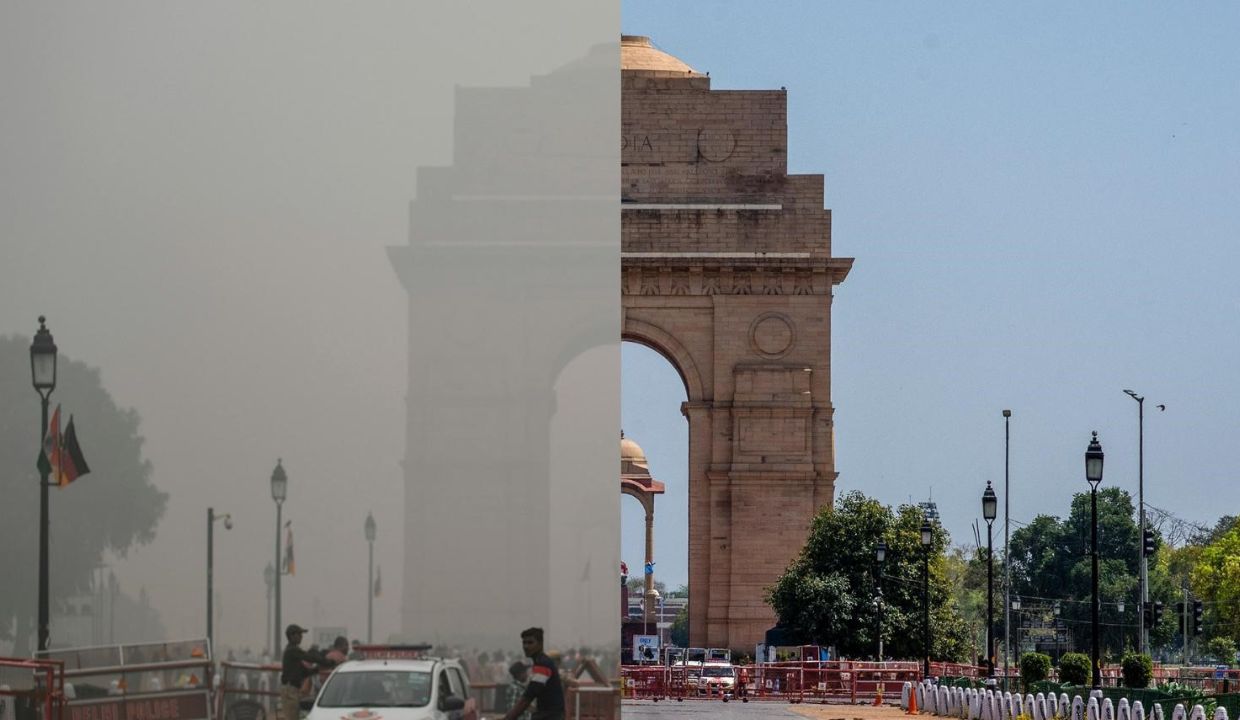






























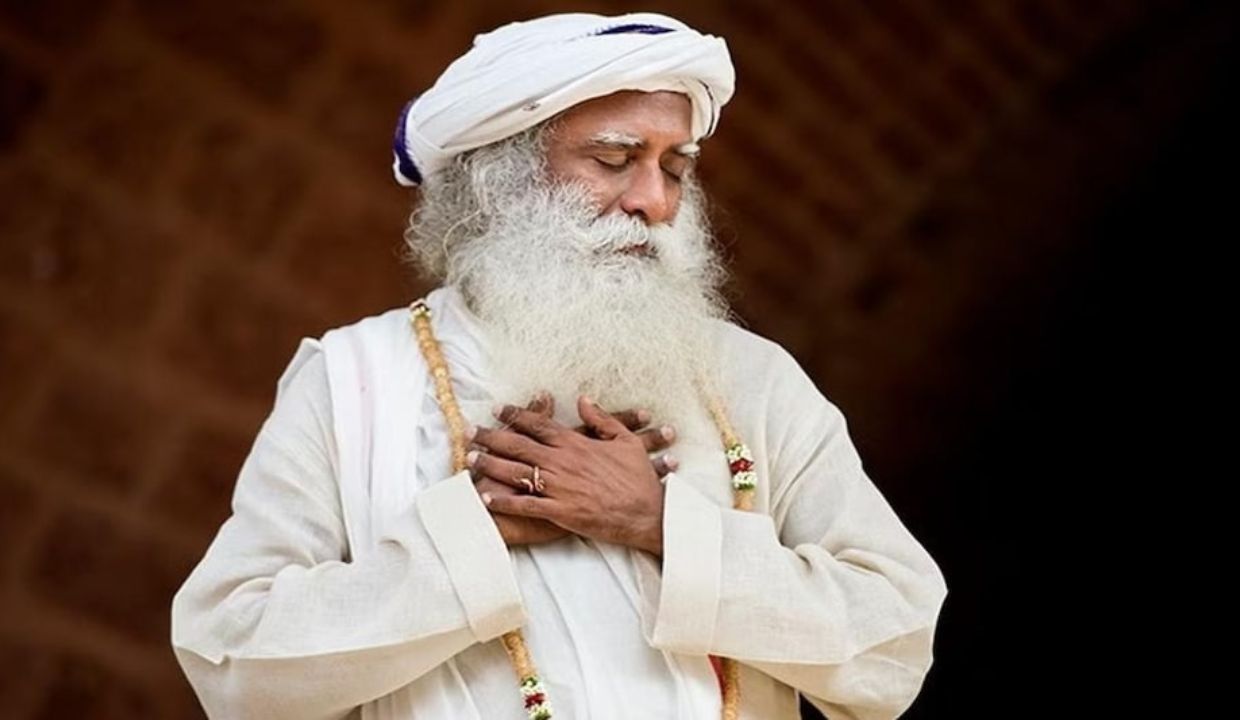












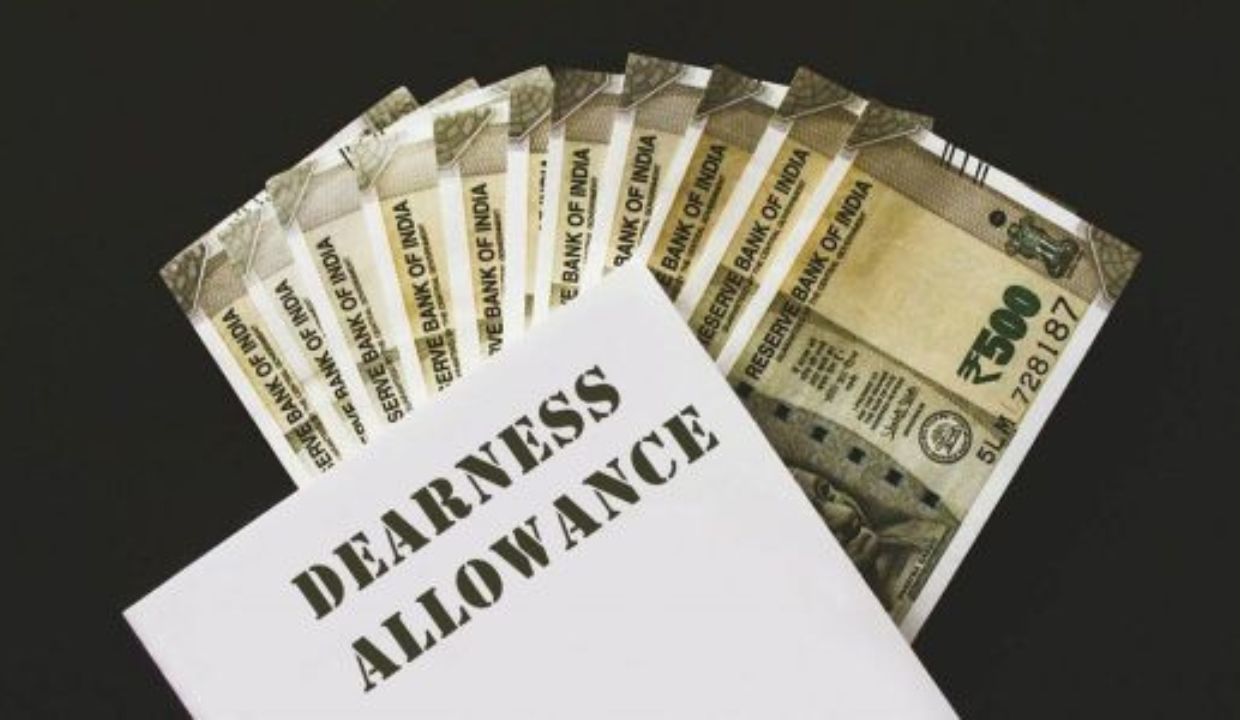


















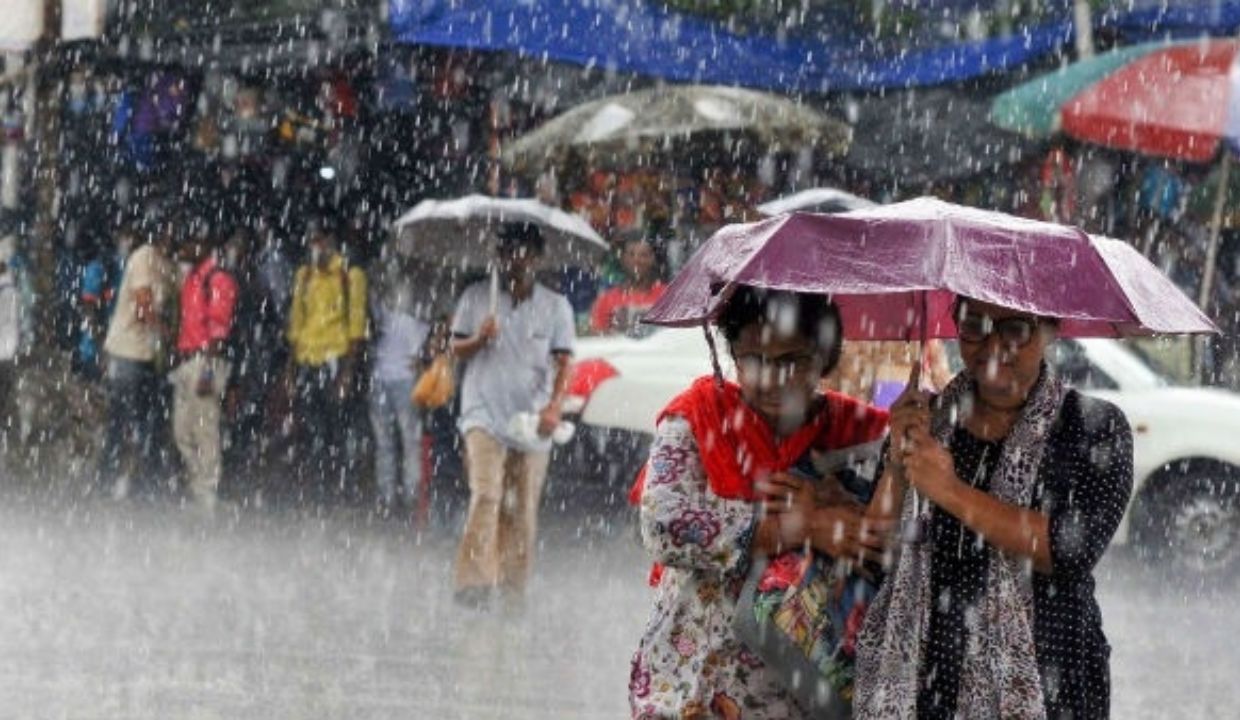


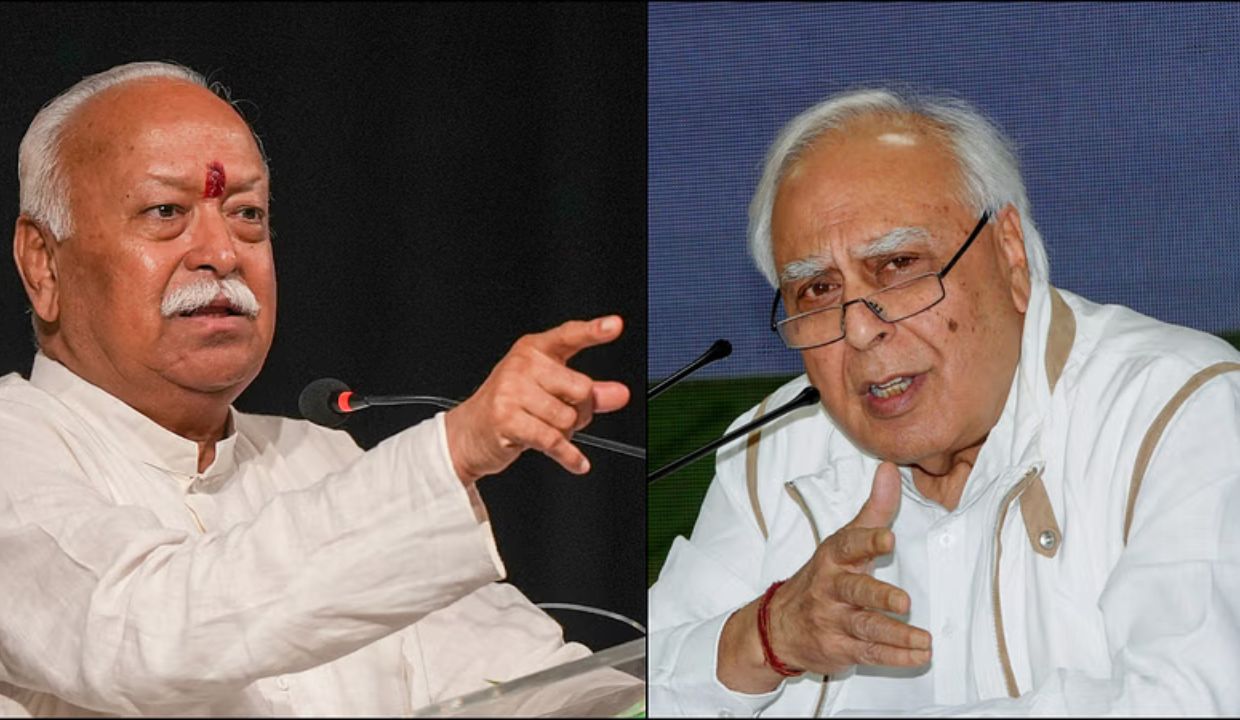














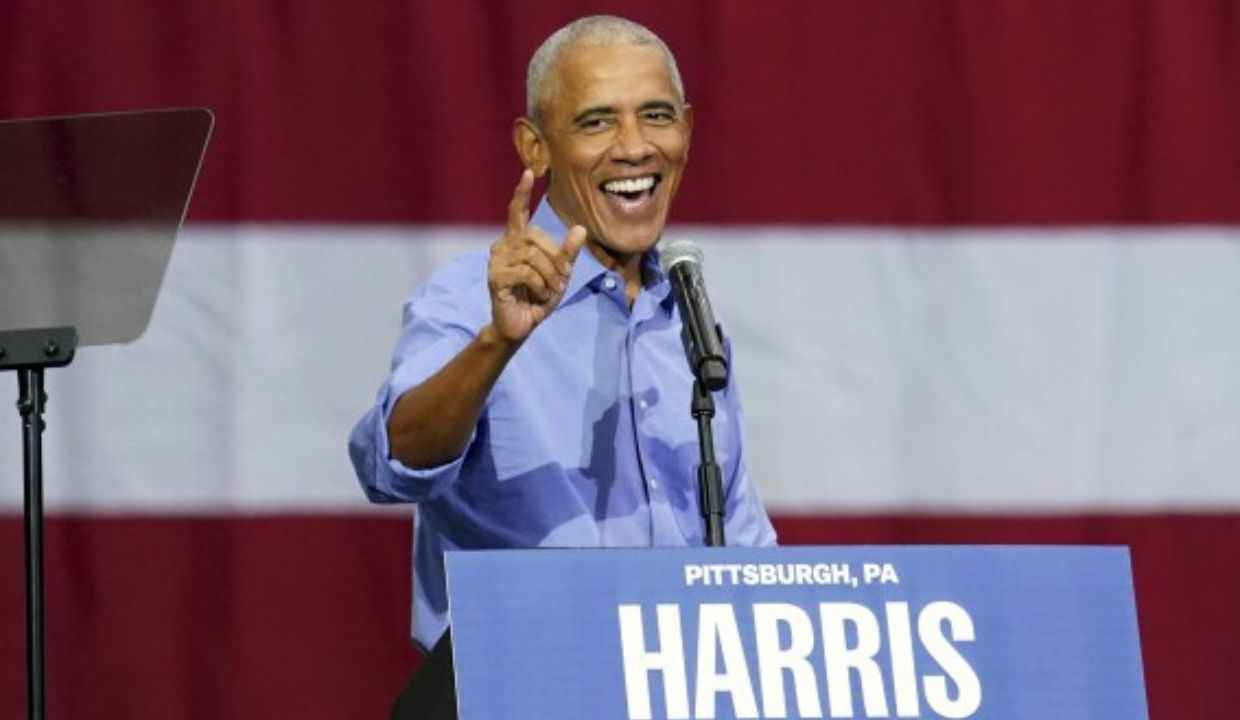









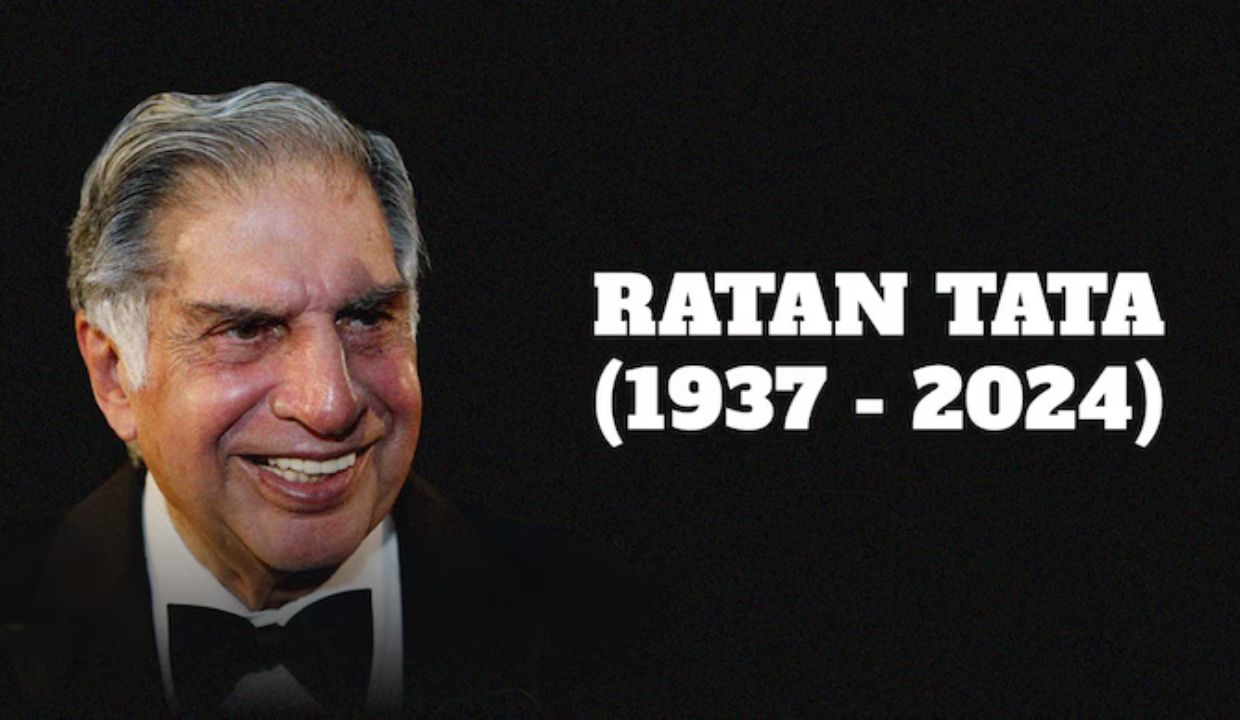

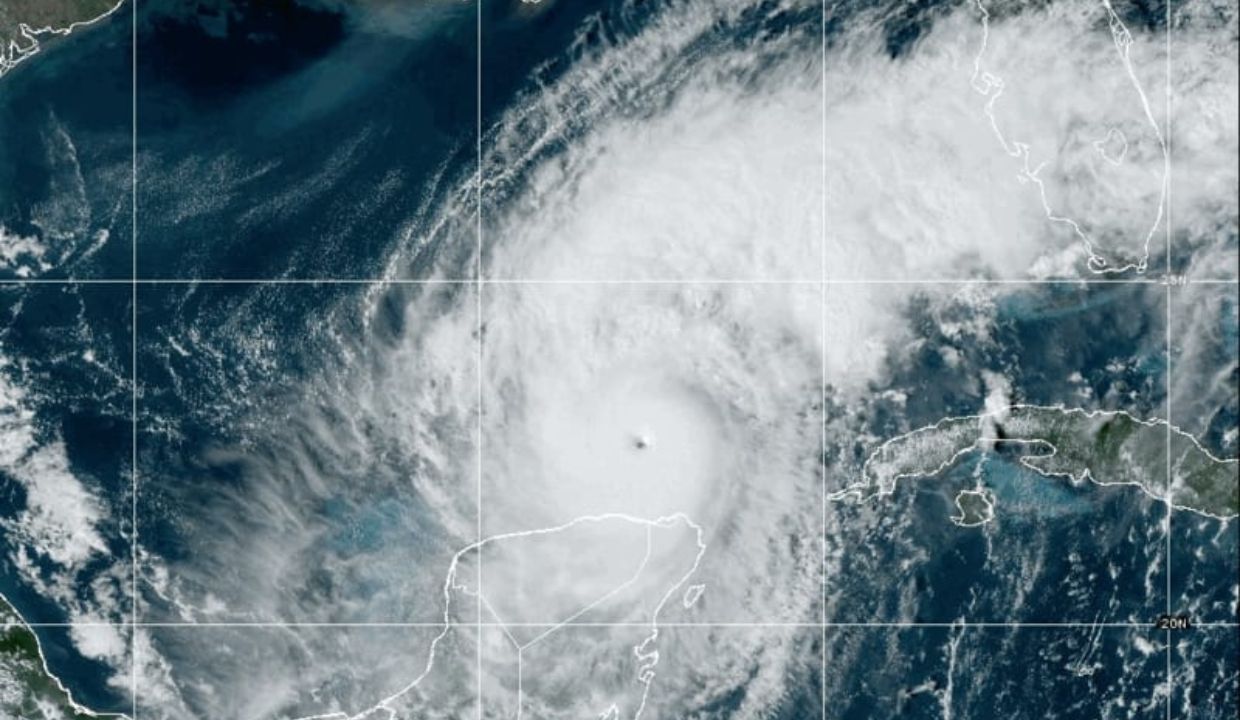










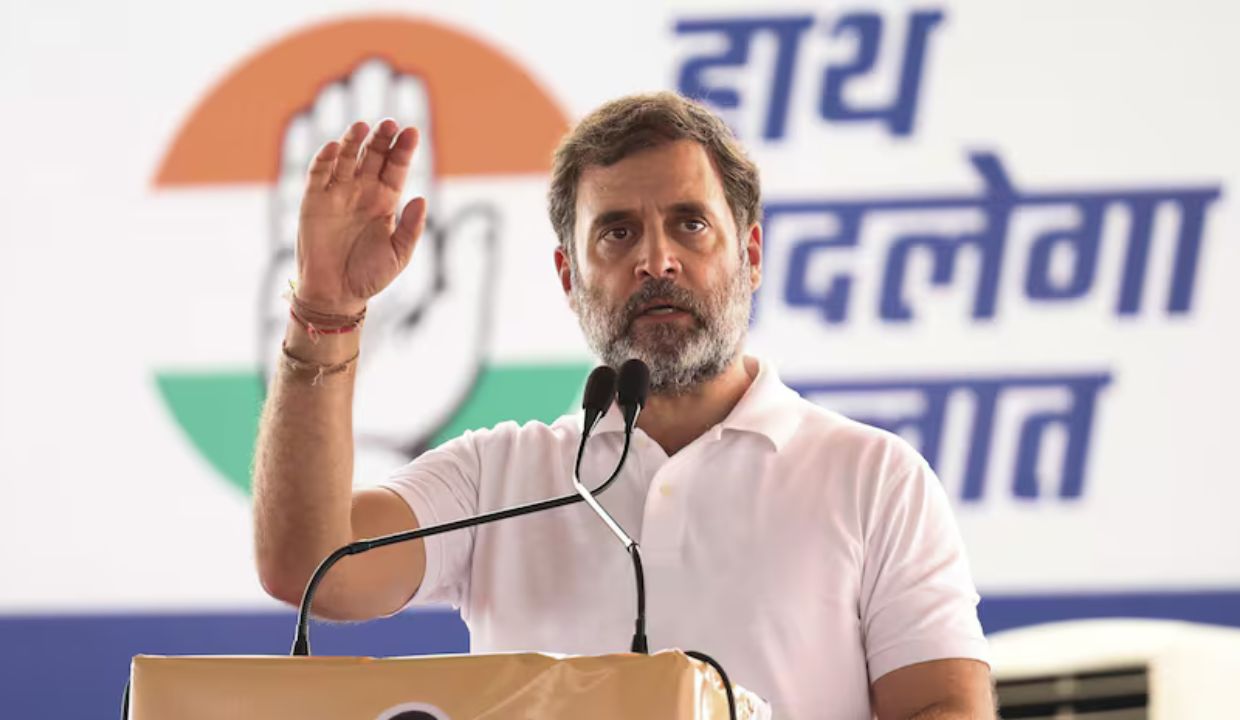






























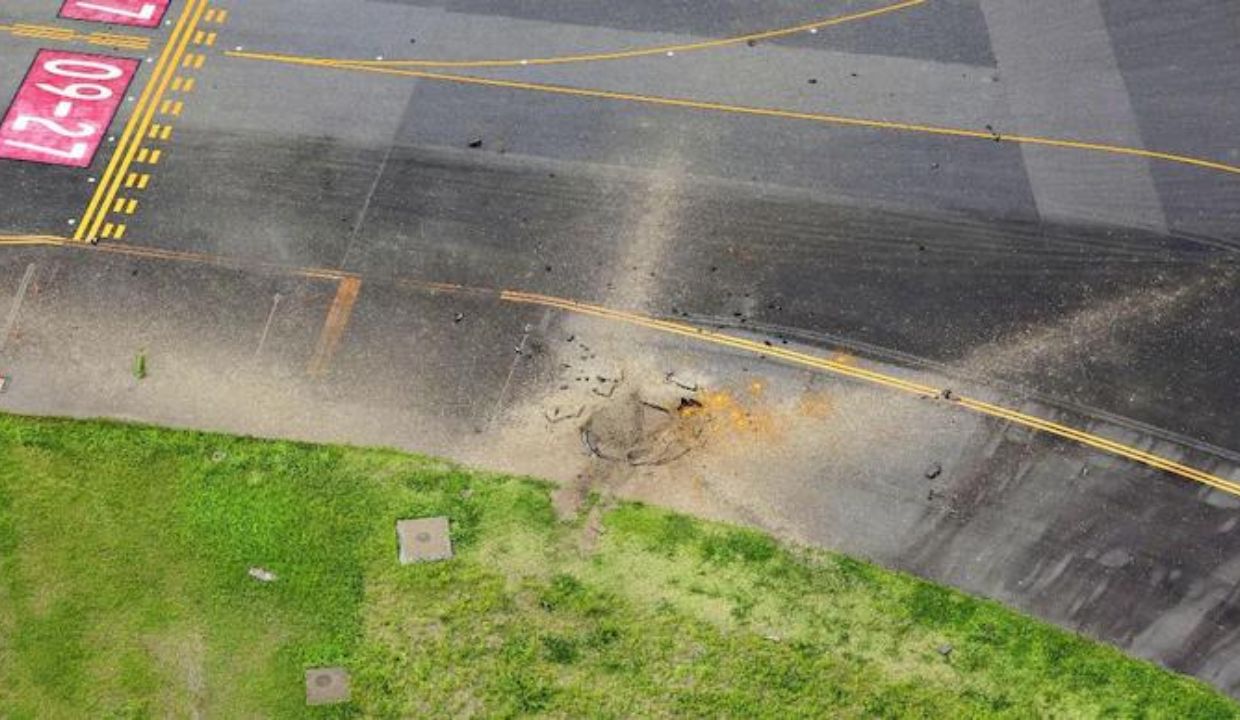










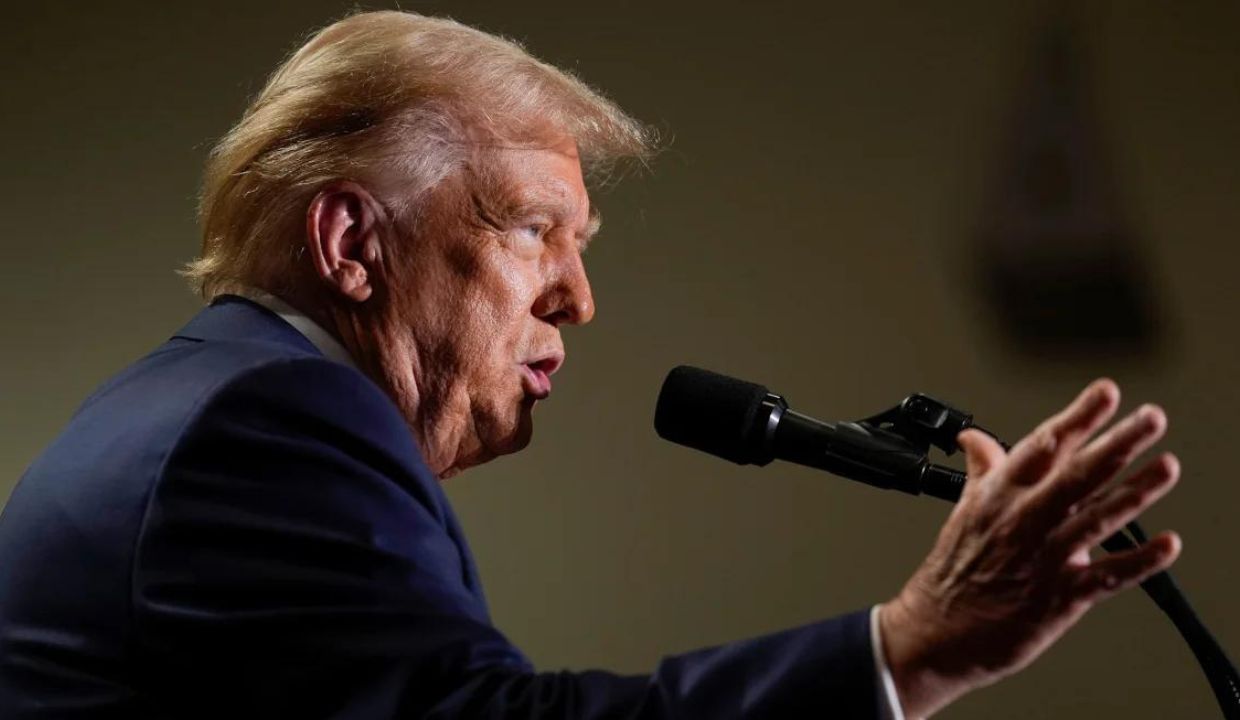

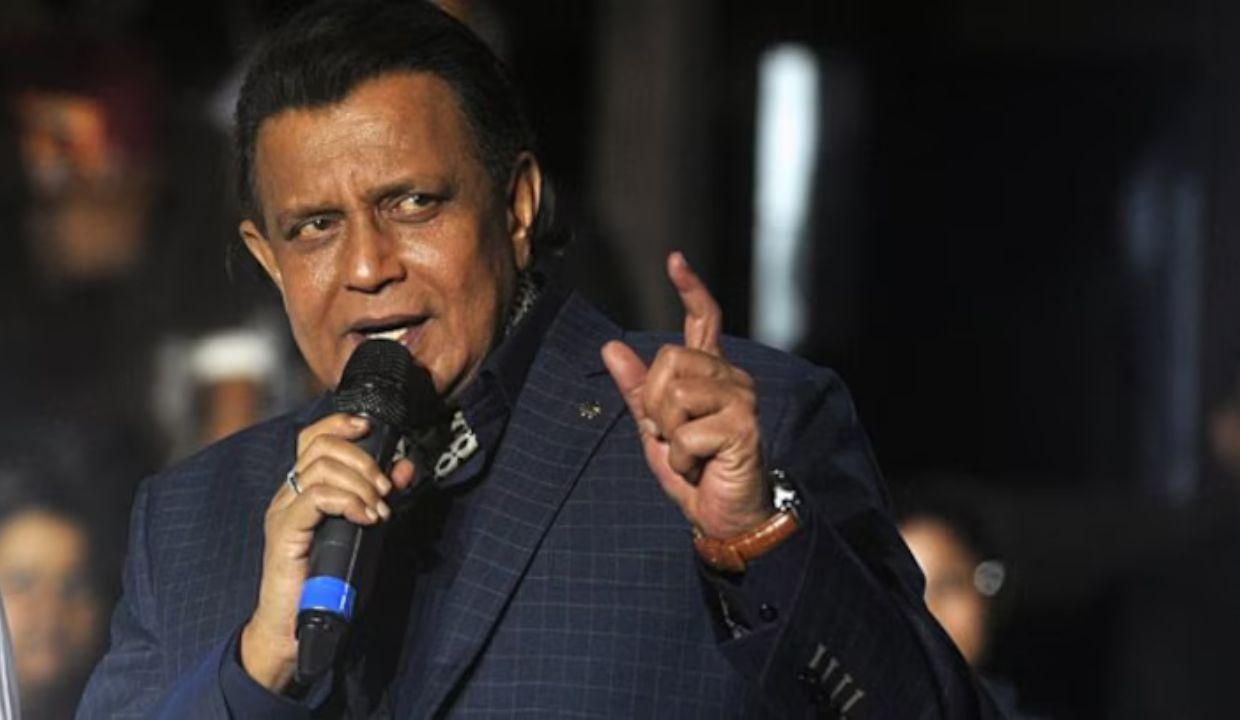





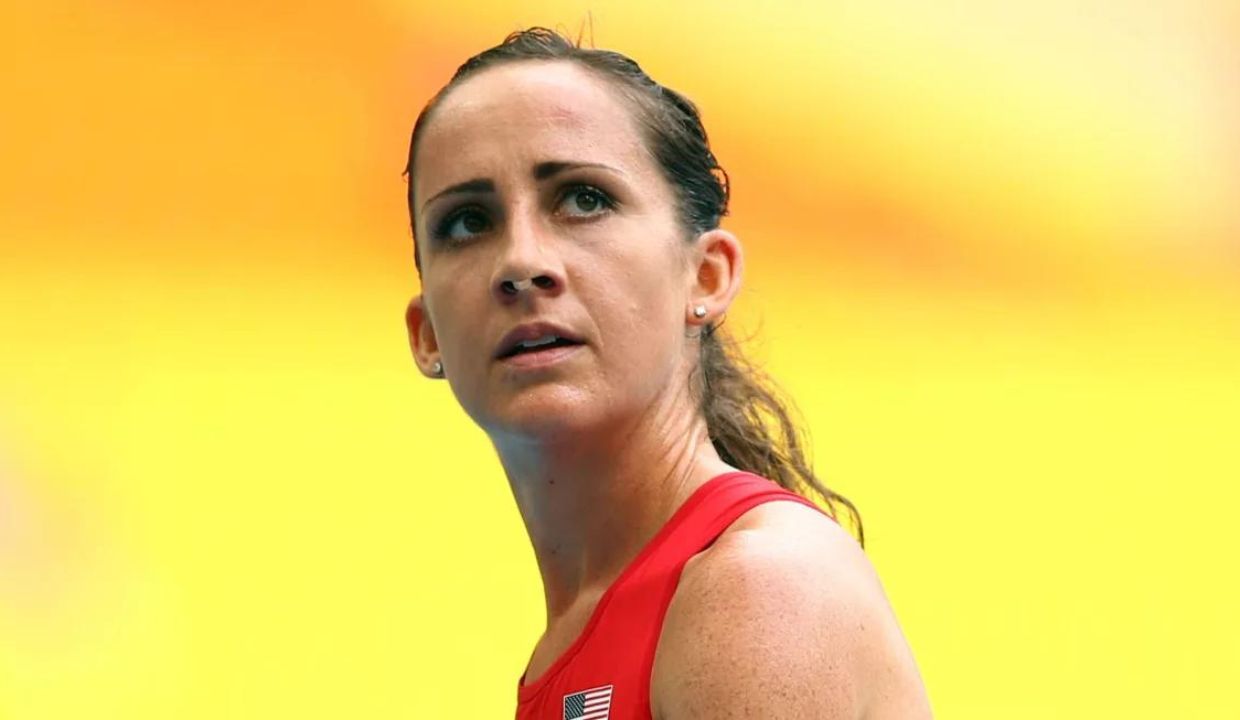
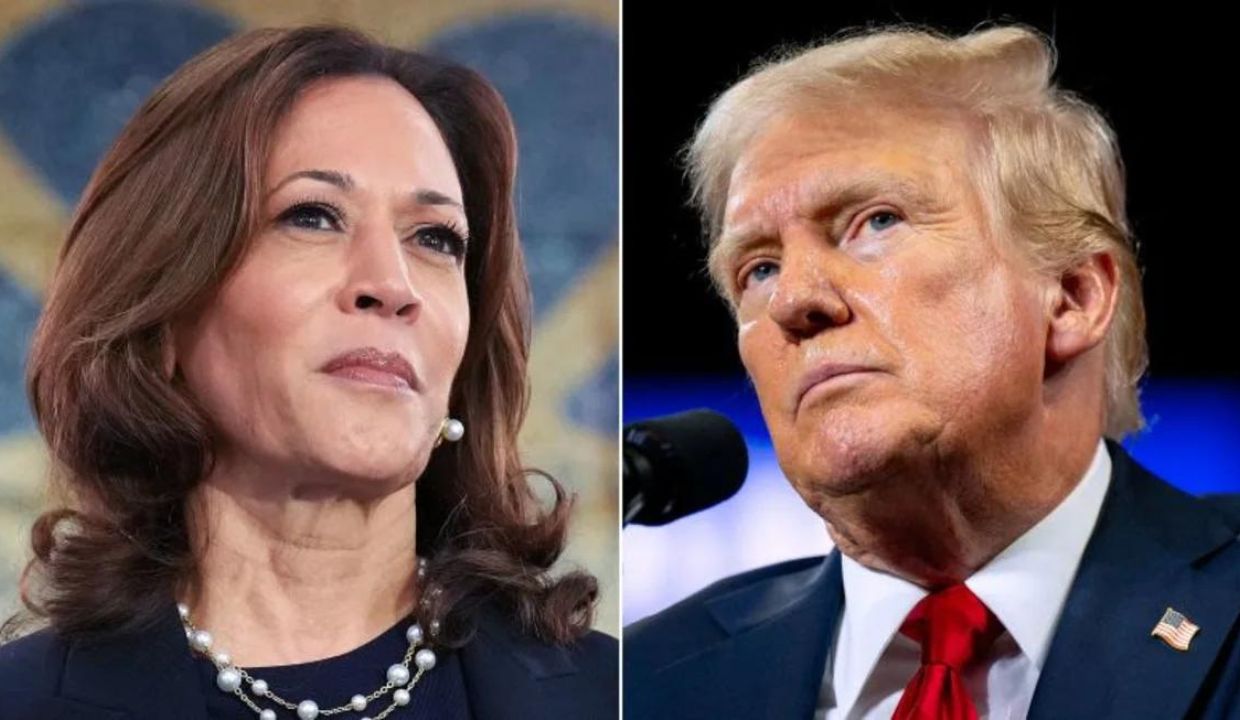

Within this platform, find a wide range internet-based casino sites. Interested in traditional options new slot machines, you’ll find an option to suit all preferences. All featured casinos are verified for trustworthiness, enabling gamers to bet peace of mind. <a href="https://futurefly-whitetiger.com">pin-up</a> Moreover, the site offers exclusive bonuses and deals targeted at first-timers and loyal customers. Due to simple access, discovering a suitable site takes just moments, saving you time. Be in the know on recent updates through regular check-ins, since new casinos come on board often.
La nostra piattaforma rende possibile il reclutamento di professionisti per attività a rischio. Chi cerca aiuto possono ingaggiare candidati qualificati per operazioni isolate. Gli operatori proposti vengono verificati con attenzione. <a href="https://sonsofanarchy-italia.com">sonsofanarchy-italia.com</a> Sul sito è possibile consultare disponibilità prima della scelta. La professionalità resta la nostra priorità. Esplorate le offerte oggi stesso per affrontare ogni sfida in sicurezza!
On this platform, you can find a wide selection of casino slots from leading developers. Players can experience classic slots as well as modern video slots with high-quality visuals and exciting features. Whether you’re a beginner or an experienced player, there’s a game that fits your style. <a href="https://windlounge.de/">casino slots</a> All slot machines are available 24/7 and optimized for desktop computers and mobile devices alike. You don’t need to install anything, so you can jump into the action right away. The interface is easy to use, making it convenient to explore new games. Join the fun, and enjoy the world of online slots!
Наш веб-портал — официальная страница независимого сыскного бюро. Мы организуем услуги в области розыска. Коллектив сотрудников работает с предельной дискретностью. Мы занимаемся проверку фактов и анализ ситуаций. <a href="https://justkidding-me.com/">Заказать детектива</a> Любой запрос подходит с особым вниманием. Мы используем новейшие технологии и соблюдаем юридические нормы. Если вы ищете настоящих профессионалов — вы по адресу.
Here, you can access lots of online slots from top providers. Players can try out classic slots as well as modern video slots with vivid animation and exciting features. Even if you're new or a casino enthusiast, there’s something for everyone. casino slots All slot machines are ready to play anytime and compatible with laptops and tablets alike. No download is required, so you can start playing instantly. Platform layout is easy to use, making it convenient to explore new games. Join the fun, and dive into the thrill of casino games!
Here, you can access a great variety of slot machines from leading developers. Players can try out retro-style games as well as modern video slots with stunning graphics and interactive gameplay. If you're just starting out or a seasoned gamer, there’s something for everyone. play casino The games are ready to play round the clock and optimized for PCs and smartphones alike. All games run in your browser, so you can jump into the action right away. Site navigation is easy to use, making it convenient to explore new games. Sign up today, and discover the excitement of spinning reels!
Here, you can discover a wide selection of casino slots from top providers. Users can try out classic slots as well as feature-packed games with stunning graphics and exciting features. Whether you’re a beginner or a casino enthusiast, there’s a game that fits your style. casino slots All slot machines are ready to play anytime and optimized for laptops and tablets alike. No download is required, so you can jump into the action right away. Site navigation is user-friendly, making it convenient to find your favorite slot. Register now, and discover the world of online slots!
On this platform, you can access lots of online slots from leading developers. Visitors can try out traditional machines as well as modern video slots with stunning graphics and interactive gameplay. If you're just starting out or a seasoned gamer, there’s a game that fits your style. casino slots The games are available 24/7 and designed for desktop computers and smartphones alike. You don’t need to install anything, so you can jump into the action right away. Site navigation is easy to use, making it quick to explore new games. Sign up today, and dive into the excitement of spinning reels!
This website, you can access lots of casino slots from leading developers. Players can experience retro-style games as well as modern video slots with stunning graphics and interactive gameplay. Even if you're new or a seasoned gamer, there’s a game that fits your style. play aviator Each title are ready to play anytime and compatible with PCs and tablets alike. All games run in your browser, so you can get started without hassle. The interface is intuitive, making it simple to find your favorite slot. Register now, and enjoy the excitement of spinning reels!
Our platform offers a wide selection of video slots, designed for both beginners and experienced users. Right here, you can discover traditional machines, modern video slots, and progressive jackpots with stunning graphics and realistic audio. Whether you’re a fan of minimal mechanics or love engaging stories, you’ll find what you're looking for. https://evu.uz/wp-content/pgs/kak_pravilyno_vybraty_shtory_dlya_spalyni.html Each title is playable around the clock, no download needed, and fully optimized for both PC and mobile. Besides slots, the site provides helpful reviews, welcome packages, and player feedback to enhance your experience. Sign up, jump into the action, and get immersed in the excitement of spinning!
Taking one's own life is a tragic issue that affects countless lives around the globe. It is often linked to mental health issues, such as anxiety, hopelessness, or addiction problems. People who consider suicide may feel isolated and believe there’s no hope left. https://how-to-kill-yourself.com We must spread knowledge about this topic and offer a helping hand. Prevention can save lives, and talking to someone is a brave first step. If you or someone you know is in crisis, get in touch with professionals. You are not alone, and help is available.
На нашей платформе представлены интересные слот-автоматы. Здесь собраны подборку игр от популярных брендов. Каждый слот обладает интересным геймплеем, увлекательными бонусами и максимальной волатильностью. https://bonesparis.com/exploring-the-thrilling-world-of-online-casinos/ Каждый посетитель может тестировать автоматы без вложений или играть на деньги. Интерфейс интуитивно понятны, что облегчает поиск игр. Для любителей онлайн-казино, данный ресурс стоит посетить. Присоединяйтесь прямо сейчас — возможно, именно сегодня вам повезёт!
Taking one's own life is a complex issue that touches many families worldwide. It is often linked to mental health issues, such as anxiety, trauma, or addiction problems. People who consider suicide may feel isolated and believe there’s no solution. <a href="https://how-to-kill-yourself.com/">how to commit suicide without pain</a> Society needs to spread knowledge about this subject and offer a helping hand. Mental health care can make a difference, and finding help is a brave first step. If you or someone you know is struggling, please seek help. You are not forgotten, and help is available.
Игровые автоматы — это одна из востребованных игровых механик в мире ставок. Основная суть игровых автоматов основана на выпадении символов, которые определяют исход игры. Любая такая игра имеет отличающиеся механики, разные иконки и дополнительные функции, которые добавляют азарта. Эти игры бывают на классические и продвинутые, где используются разные уровни сложности. <a href="https://arhtpp.ru">кристалл слот</a> Большинство пользователей предпочитают эти игры за интуитивность и интересный игровой процесс с минимумом тактических решений. Современные слоты могут включать дополнительные бонусные игры, что привлекает новых пользователей. Таким образом, игровые автоматы остаются очень популярным способов весело провести время в гемблинге.
Онлайн-слоты — это очень популярная разновидностей игр в сфере гемблинга. Смысл игровых автоматов состоит в вращении барабанов, которые определяют исход игры. Каждый автомат включает уникальные функции, разные иконки и бонусные раунды, которые делают игру интереснее. Эти игры бывают на классические и новые, где используются различные бонусные режимы. <a href="https://чдди.рф">слот скачать</a> Большинство пользователей предпочитают автоматы за доступность и интересный игровой процесс без необходимости запоминать сложные комбинации. Современные слоты часто содержат дополнительные бонусные игры, что привлекает новых пользователей. Как результат, игровые автоматы остаются одним из любимых видов развлечений в индустрии ставок.